How to #PressForProgress in the workplace
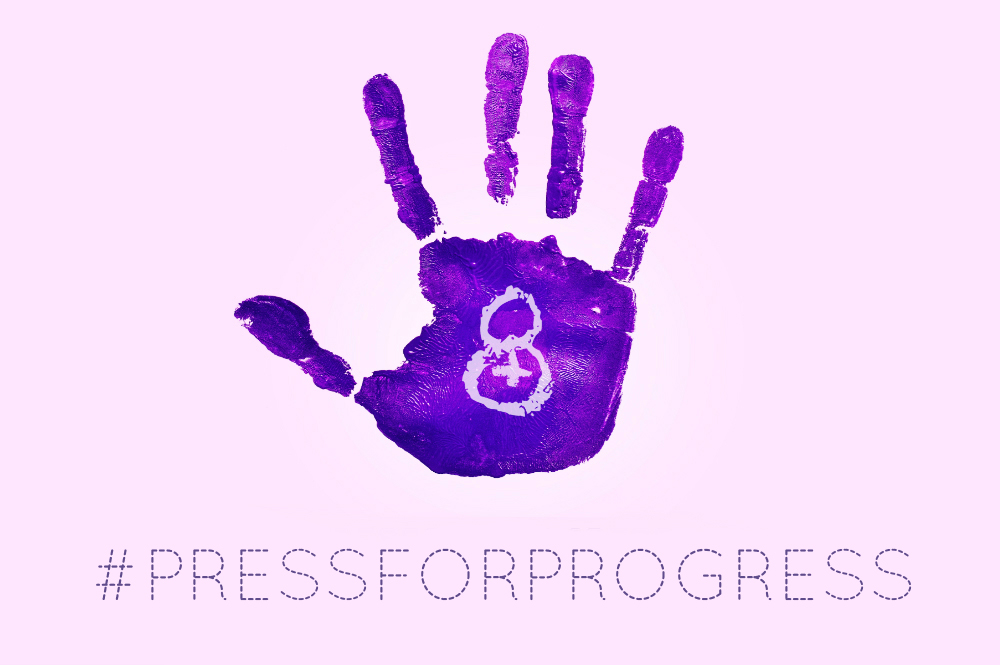
From the suffragettes of early 20th century Britain to the recent rise of the #TimesUp, the journey towards gender equality has been long – but it is not over yet. Indeed, the World Economic Forum’s 2017 Global Gender Gap Report says that the fight for parity between men and women will likely continue for another two centuries.
But even if we won’t live to see gender parity in our own lifetimes, there is no reason to not continue to #PressForProgress – and in the process, hopefully accelerate change.
This International Women’s Day, we asked “power women” across Asia to share their views on how organisations can play their part. Check out their answers below.
 “I want to see a real tangible change in our business environment and less of these boards and executive teams who all look homogenous. So much evidence demonstrates diversity IS a winning strategy, so be bold and be someone who DOES something about it.
“I want to see a real tangible change in our business environment and less of these boards and executive teams who all look homogenous. So much evidence demonstrates diversity IS a winning strategy, so be bold and be someone who DOES something about it.
“The time for talking is done and now, we need actions and commitment to appointing strong quality candidates who bring something different into leadership teams. Ask each of your leaders to actively find a candidate – internally or externally – who has future potential, who is radically different through their gender, age, nationality or life experience, and ask them to mentor and develop that person.
“Consciously choose to build the leaders of the future. For board recruiters – look further and find the really good quality candidates who more accurately reflect the customer profile of companies. They’re out there!”
– Saskia Groen-in’t-Woud, Global Chief Operating Officer, Damco and winner of the 2017 Telstra Business Woman in Asia Award
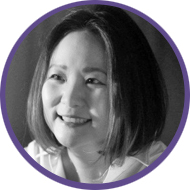 “I believe real change ripples through an organisation when there is bold leadership that sets, shares and measures equality targets openly. When companies establish comprehensive action plans, such as policies and practices that are family friendly, support both genders and are bias-free in attracting and retaining people, we are on the right path. This requires establishing an empowering environment: one that trusts employees, respects individuals and offers freedom to be creative and to train and work flexibly.
“I believe real change ripples through an organisation when there is bold leadership that sets, shares and measures equality targets openly. When companies establish comprehensive action plans, such as policies and practices that are family friendly, support both genders and are bias-free in attracting and retaining people, we are on the right path. This requires establishing an empowering environment: one that trusts employees, respects individuals and offers freedom to be creative and to train and work flexibly.
“In Asia, I would be keen to see more women on boards. We are not short of talent here and we need to build on the strength that diversity brings to boards in the corporate workplace. And we should see more workplaces with equal numbers of men and women. We announced last year that we will achieve a gender-balanced workforce, with 50 percent women and 50 percent men, by 2025.”
– Grace Yip, Managing Director, Accenture Singapore
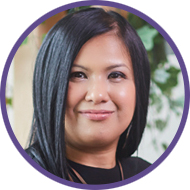 “At P&G, #WeSeeEqual. We aspire to build a society free from gender bias, with equal voice for men and women. If we treated Gender Equality like any other business challenge, we would never have just one gender trying to solve it. So, in P&G, we are actively educating men about the issue and engaging them on their role as part of “Men as Allies”.
“At P&G, #WeSeeEqual. We aspire to build a society free from gender bias, with equal voice for men and women. If we treated Gender Equality like any other business challenge, we would never have just one gender trying to solve it. So, in P&G, we are actively educating men about the issue and engaging them on their role as part of “Men as Allies”.
“Despite my own strong conviction in this matter, I can think of many instances in my early career where I did not call out unconscious gender biases that I experienced. I also believe that in every one of those situations, someone – and often, the individuals themselves – would have taken action to make it right. This International Women’s Day, I ask you to feel empowered to speak up, recognise your own unconscious biases, and challenge every stereotype!”
– Vinitaa Jayson, Vice-President of Human Resources, P&G Asia Pacific
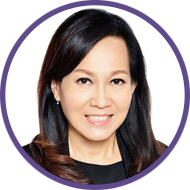 “In Singapore, particular sectors like engineering, aviation and maritime still tend to be male-dominated. As Thales is a digital and technology-driven organisation that recruits a large proportion of engineers each year, I’d like to see progress in attracting more women into these fields of education, and in building female students’ interest in STEM (Science, Technology, Engineering and Mathematics).
“In Singapore, particular sectors like engineering, aviation and maritime still tend to be male-dominated. As Thales is a digital and technology-driven organisation that recruits a large proportion of engineers each year, I’d like to see progress in attracting more women into these fields of education, and in building female students’ interest in STEM (Science, Technology, Engineering and Mathematics).
“We collaborate with universities and polytechnics here by sending our STEM ambassadors to encourage and inspire female students and share insights on opportunities available to them in Thales. After all, gender equality is not limited to the workplace and should begin way before candidates enter the workforce.”
– Jeannie Wong, HR Director for Thales in South East Asia
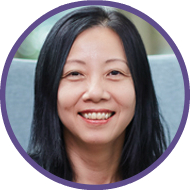 “At GSK, we have to be an inclusive organisation, reflecting the diversity of our customers, patients, communities and societies in which we operate. Everyone must collectively play a part in building a diverse employee pool with equal representation of both women and men in leadership and our talent pipeline.
“At GSK, we have to be an inclusive organisation, reflecting the diversity of our customers, patients, communities and societies in which we operate. Everyone must collectively play a part in building a diverse employee pool with equal representation of both women and men in leadership and our talent pipeline.
“Asia presents significant growth opportunities for GSK. Now, more than ever, we need women in leadership and critical roles at all levels of the organisation to contribute to our business ambition. We will support talent development through skills building programmes, raise awareness of unintended cultural biasness and improve career sponsorship for future leaders.”
– Bonita Lee, VP HR for International, Pharmaceuticals, GSK







